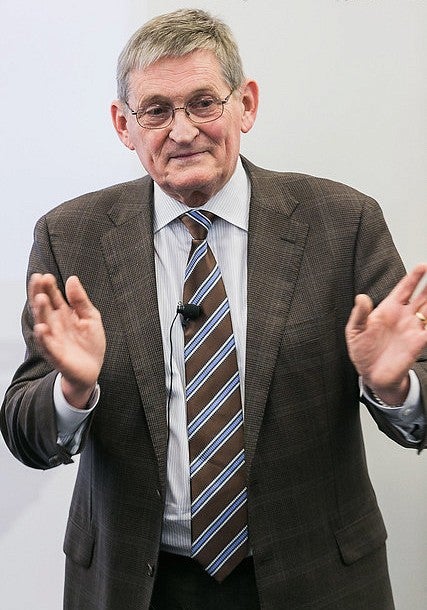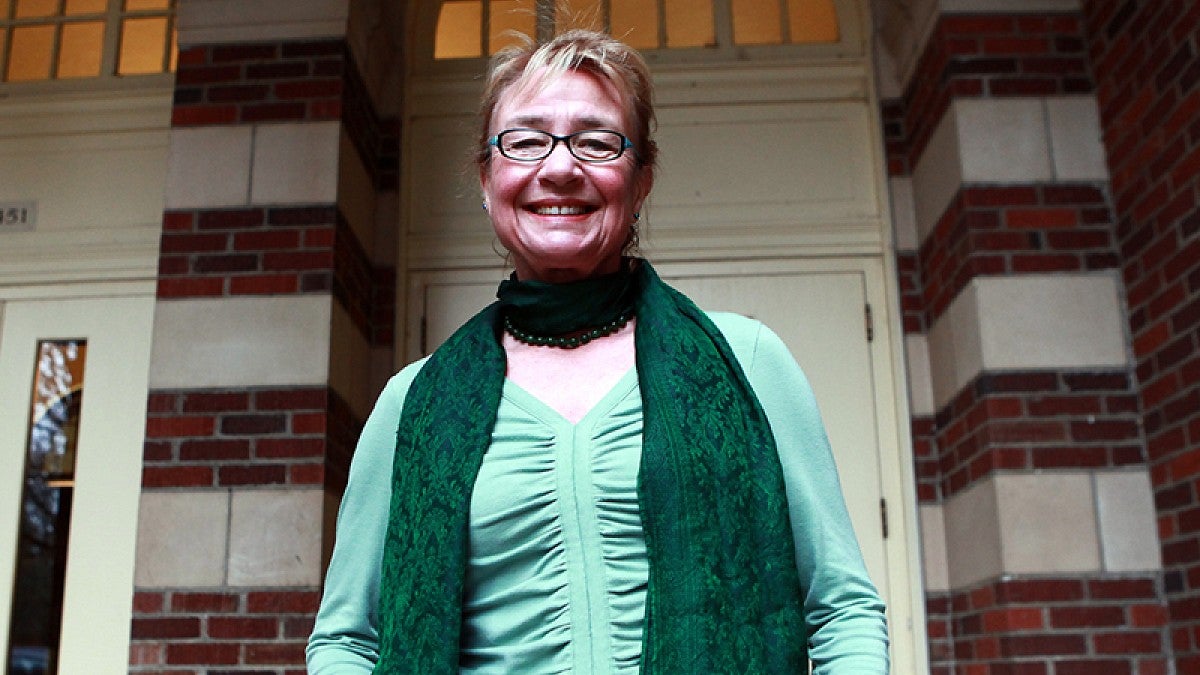A public lecture to honor of the legacy of University of Oregon brain scientist Helen Neville is set for 4-6 p.m., Friday, June 7, in Room 245, Straub Hall.
Neville, who died last October, came to the UO in 1995 and was a leading voice in efforts to make the university a powerhouse in research on the brain. She served as the Robert and Beverly Lewis Chair in Neuroscience from Sept. 16, 2002, until June 30, 2016.

Knight uses many of the techniques that Neville used and improved, including electroencephalograms and MRI, in studying brain mechanisms related to cognitive processing and training students in the UO’s Brain Development Lab, which she founded and directed for many years.
Knight will discuss how recordings of brain electrical activity help to understand cognition and how cognition influences human behaviors. He’ll also describe his lab’s efforts to harness high frequency brain electrical activity in the treatment of language deficits. As a physician, Knight diagnoses and treats a wide range of disorders such as stroke, dementia, seizures, epilepsy, multiple sclerosis, sleep disorders and neuromuscular diseases.
Neville’s teaching and research influenced the education and career paths of numerous students at the UO, said Ulrich Mayr, head of the Department of Psychology.
“Helen Neville was inspirational for many in the way she leveraged her basic, highly creative scientific work in for the sake of the greater good,” he said.
Neville’s efforts are being captured in a book to be published next year by Aaron J. Newman, one of Neville’s former students and now a professor and director of three research labs at Canada’s Dalhousie University.
Newman, who earned master’s and doctoral degrees while studying with Neville from 1996-2002, has been gathering submissions of chapters by at least 14 former students, postdoctoral researchers and UO colleagues as well as some of Neville's other professional collaborators. The book will cover the many areas of brain science that were influenced by Neville’s contributions.
The book, “Changing Brains: Essays on Neuroplasticity in Honor of Helen Neville,” will be published by Routledge Psychology, a New York-based academic publisher that produces textbooks, monographs and professional books on psychology topics.
Royalties from the book will be donated to Head Start of Lane County, Newman said. The funds will be used to sustain the Creating Connections multigenerational program that came out a long-running collaboration with Neville’s brain lab, said Mary-Margaret Reynolds, special projects manager for Head Start.
“Head Start of Lane County is very proud of our partnership with Dr. Neville,” said Annie Soto, director of Head Start of Lane County. “We worked with the brain lab for 14 years.”


